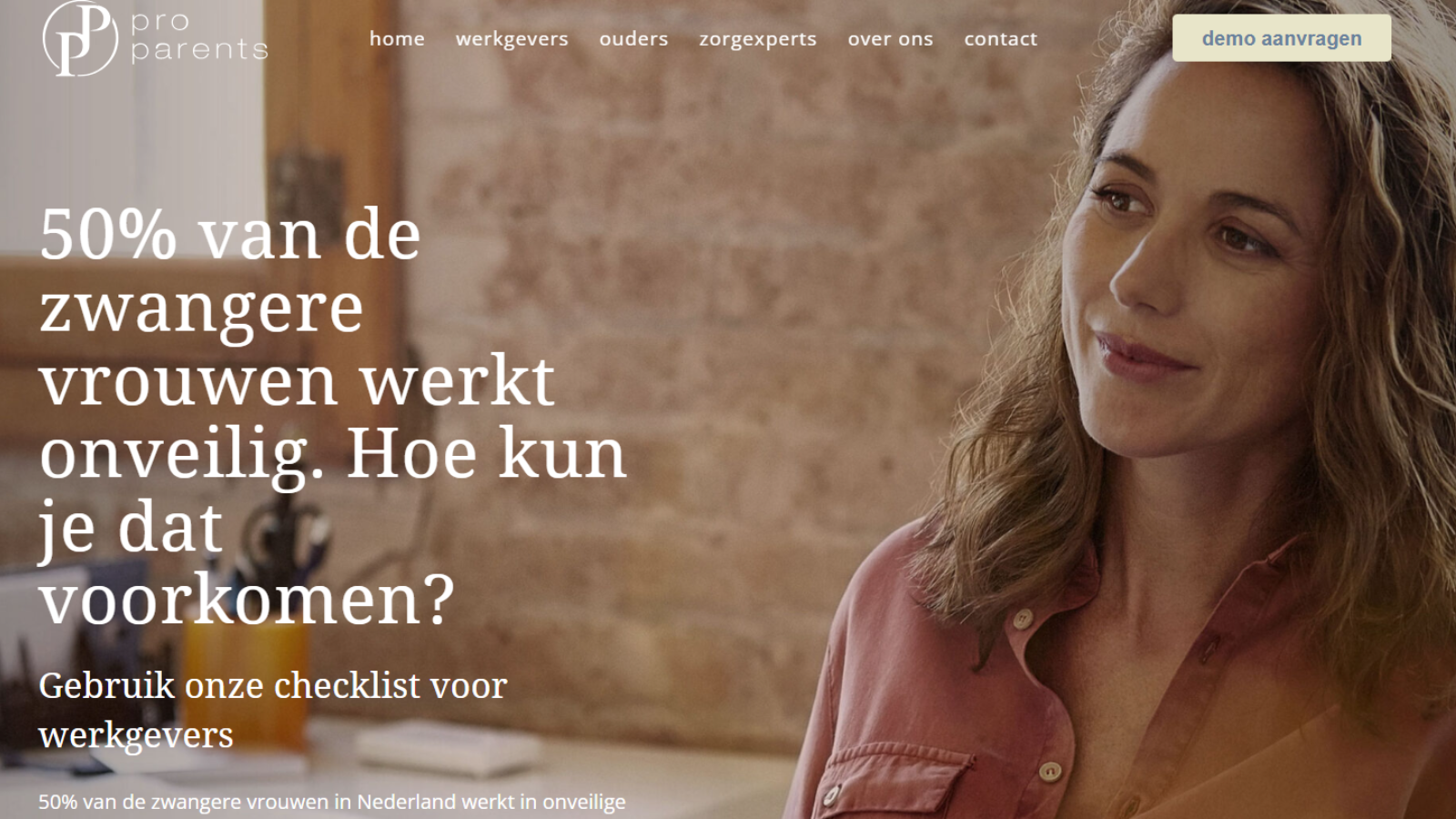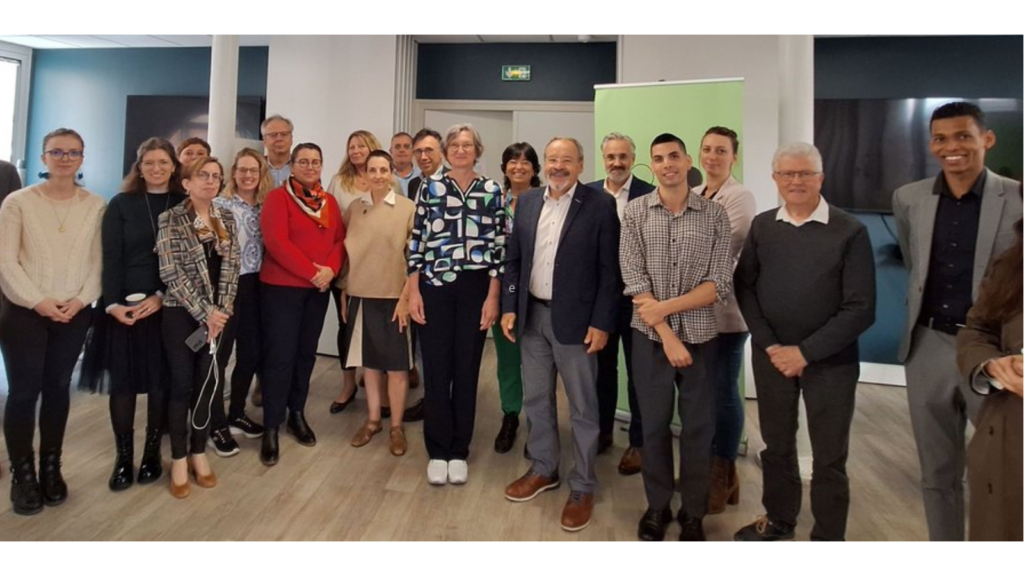Dutch COFACE member Pro Parents are stressing the importance of strong safety standards and adequate conditions for women working during pregnancy.
50% of pregnant women in the Netherlands work in unsafe conditions. This shocking statistic was recently uncovered from research by Dr. Monique van Beukering. Dr van Beukering is a company doctor, scientific researcher and domain expert at Pro Parents Workplace Wellbeing.
To combat unsafe conditions for pregnant women who work, and support employers to provide the necessary conditions, Pro Parents summarised the guidelines of the Dutch Association for Occupational and Occupational Medicine (NVAB), sharing their checklist for employers. This way, employers can quickly identify all possible points of interest for their organisations to protect them from risk and harm during pregnancy.
Pregnant workers are at risk in almost every profession. From stress and a lot of lifting, to standing for long periods and working with chemicals. Avoiding these risks is good for employees, babies and employers as this:
– reduces complications during pregnancy,
– promotes the healthy development of the baby, and
– prevents pregnant workers from dropping out.
Employers who seek to take the lead in being a good employer for prospective parents are encouraged to consult the checklist and make appointments with Pro Parent’s Roseriet Beijers and Joyce Knappe.
You can find out more about Pro Parents’ work here.




